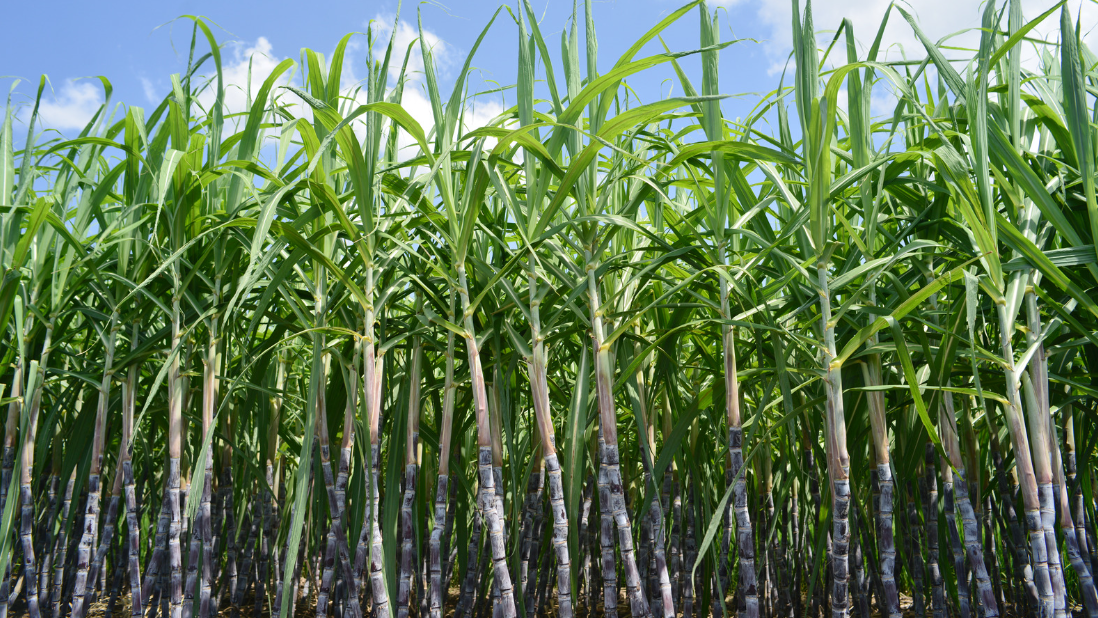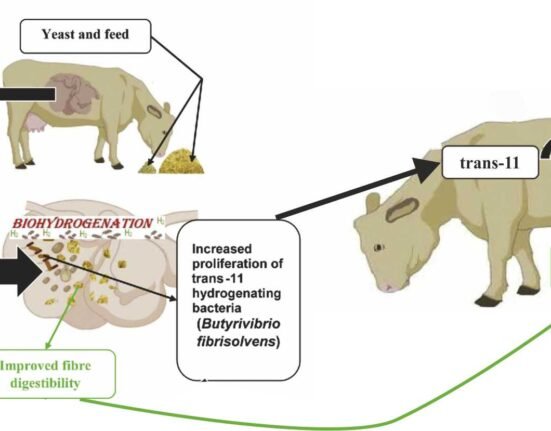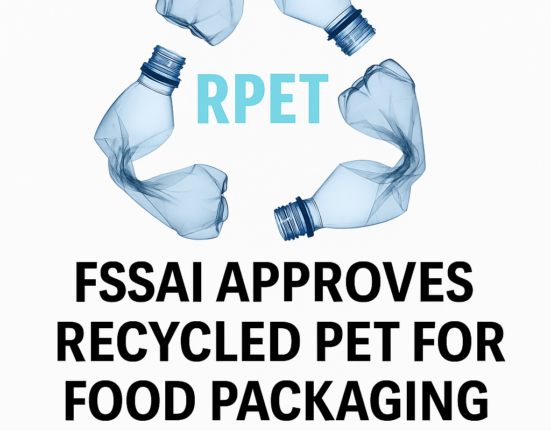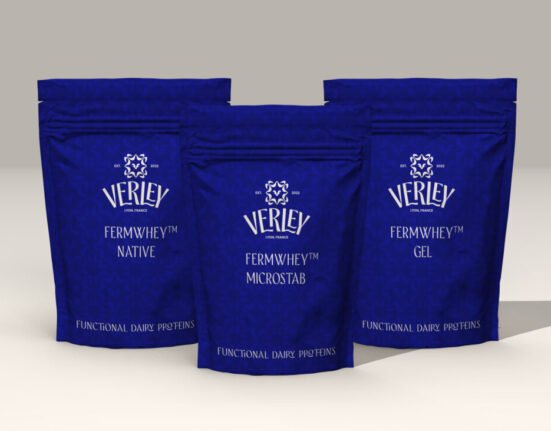Sugar cane milk, a potential alternative to traditional dairy, is on the horizon, offering a product with a shelf life of up to three years that closely mimics the taste of dairy milk. This innovative milk is created through yeast consuming sugar from cane, producing a protein similar to dairy proteins. Startups worldwide are actively researching this concept, and the project is at a critical stage. In terms of nutrition, sugar cane milk has the potential to be a valuable protein source, depending on its final formulation. It is set to be manufactured at the Future Foods BioHub in Mackay in collaboration with the Queensland government and Cauldron, with significant investments made to kickstart the project.
While sugar cane milk may reduce sugar exports, it is expected to benefit the sugar industry economically and promote crop growth. Farmers and consumers show enthusiasm for this innovation, and government support is strong. Dairy advocates also engage in discussions to adapt to new technologies, recognizing the need to diversify product offerings to meet evolving consumer demands. The emergence of sugar cane milk highlights the dynamic nature of the food industry as it strives to provide sustainable plant-based alternatives
As consumers increasingly seek plant-based alternatives to traditional dairy products, a new contender is preparing to hit the shelves. This contender closely resembles dairy milk and boasts an impressive shelf life of up to three years. Introducing sugar cane milk, a novel creation with proteins akin to animal proteins.
How is it Made?
Sugar cane milk production involves yeast consuming sugar from cane, molasses, and other by-products, resulting in a protein that mimics dairy milk. University of Queensland professor of food microbiology Mark Turner explains that numerous startup companies in Australia and overseas are actively exploring this innovative area. He believes the research is now at a critical stage, poised for success.
Nutritional Value:
Professor Turner highlights that sugar cane milk could be an excellent protein source due to its similarity to animal proteins found in cow’s milk or eggs. Depending on the other ingredients used in the milk, the protein produced through precision fermentation could be integrated into various foods to enhance their protein content. The nutritional benefits will depend on the final formulation.
Production and Collaboration:
The manufacturing of sugar cane milk is set to take place at the Future Foods BioHub in Mackay, in partnership with the Queensland government and Asia-Pacific fermentation company Cauldron. The state government has invested $528,000 to kickstart the project and is awaiting regulatory approvals for further progress. Cauldron’s CEO, Michele Stansfield, emphasizes that the aim is not to replace existing food sources but to complement and supplement them. This endeavor creates an alternative value stream for the sugar industry, potentially stabilizing sugar pricing in a volatile nutritional market.
Impact on Farmers:
While the project may reduce sugar exports, it is expected to benefit the sugar industry economically and promote crop growth. Farmers see potential in this new technology, and consumers are enthusiastic about this innovative product. The government’s support and the willingness of all stakeholders to collaborate suggest a promising future for sugar cane milk.
Industry Response:
Dairy advocates also engage in discussions, recognizing the importance of adapting to new technologies to secure their supply chains. As the dairy and alternative milk industries evolve, there is a growing emphasis on diversifying product offerings and exploring innovative solutions to meet consumer demands.
The emergence of sugar cane milk underscores the ever-changing landscape of the food industry as it strives to provide diverse and sustainable options for consumers seeking plant-based alternatives.







